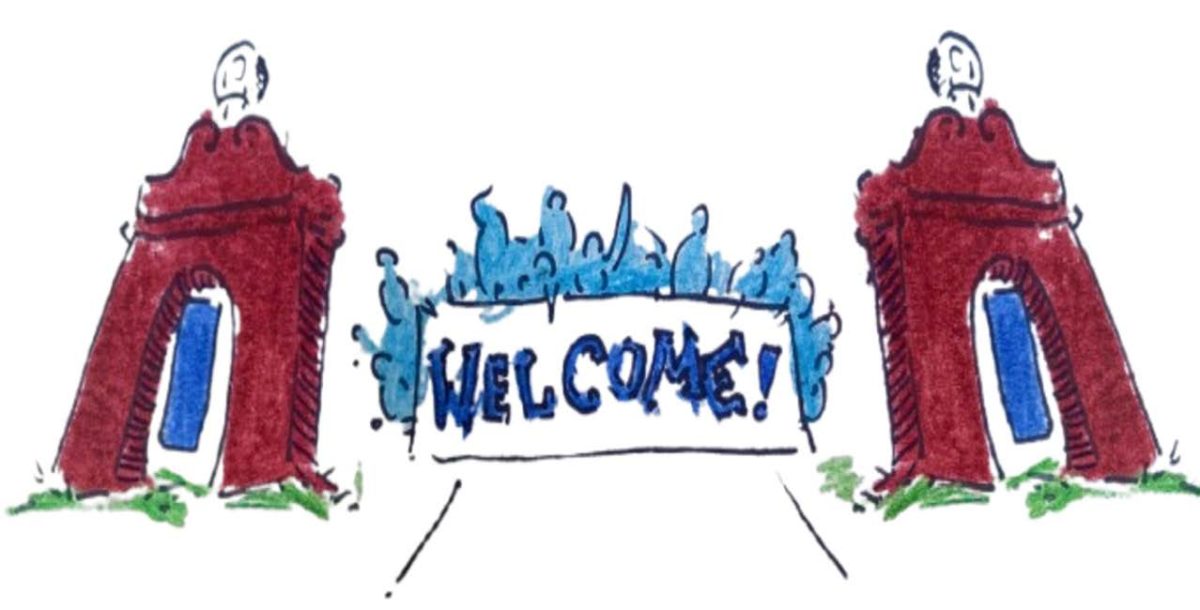On January 7th, Kevin McCarthy became the 55th Speaker of the House of Representatives. Usually, the election to the post would be a formality. The negotiation that allowed Pelosi to become the speaker happened well before the vote reached the house. However, a group of ultraconservatives called the “Freedom Caucus” voted multiple times against McCarthy’s ascension to the speakership.
This absurd show of factionalism from a radical group marks the longest election process for a speaker since 1855. It also shines an even brighter light on how ultraconservatives use our broken political system to gain power.
Freedom Caucus members have sought to push the Republican party to the right and have been fairly successful in doing so. Fundamentally, the Freedom Caucus representatives feel that McCarthy is not conservative enough. That statement alone is shocking. McCarthy, after all, denies the result of the 2020 election, refuses to acknowledge global warming, led the effort to repeal ObamaCare, and is a staunch Pro-Lifer. The fact that McCarthy is not considered to be far right represents one of the most significant shifts in the American political landscape since the election of Donald Trump.
Even more troubling is the fact that these far-right members of Congress managed to hold the House hostage to increase their own control and power over the institution. The deal to break the stalemate was unacceptably concessionary to the extremists, granting them favorable house rules (such as only a single member proposing a motion to vacate the speakership and the creation of a subcommittee to investigate the “weaponization of the Federal Government”). In addition, important committee positions such as rules committee assignments will allow caucus members to influence American politics heavily.
One of the most concerning aspects of this situation is that Republicans could have done what most parliamentary democracies do and formed a coalition with a few moderate Democrats in order to completely neglect the Freedom Caucus. But to the GOP, bipartisanship is so implausible that they would rather destroy their own party than admit weakness to the Democrats.
Thanks to this refusal, the party has now amplified voices of hate. Members of the Freedom Caucus took a formal stance against the “Respect for Marriage” act, which codified the right of LGBTQ+ people to marry anyone.
The increasing strength of the Freedom Caucus is just a small example of our democracy’s peril. Increasingly, the positions taken by mainstream Republicans do not reflect the beliefs of most Americans. Republicans have taken steps to undermine democracy by restricting early voting and sowing doubt in the entire system by denying election results.
It’s hard to predict what McCarthy’s speakership will bring, but certainly it will be defined by power struggles and a minority overuling the will of the majority. Bipartisanship and moderation are increasingly irrelevant in our modern democratic system. Unless we can forge a middle path, our divisions will only grow.





